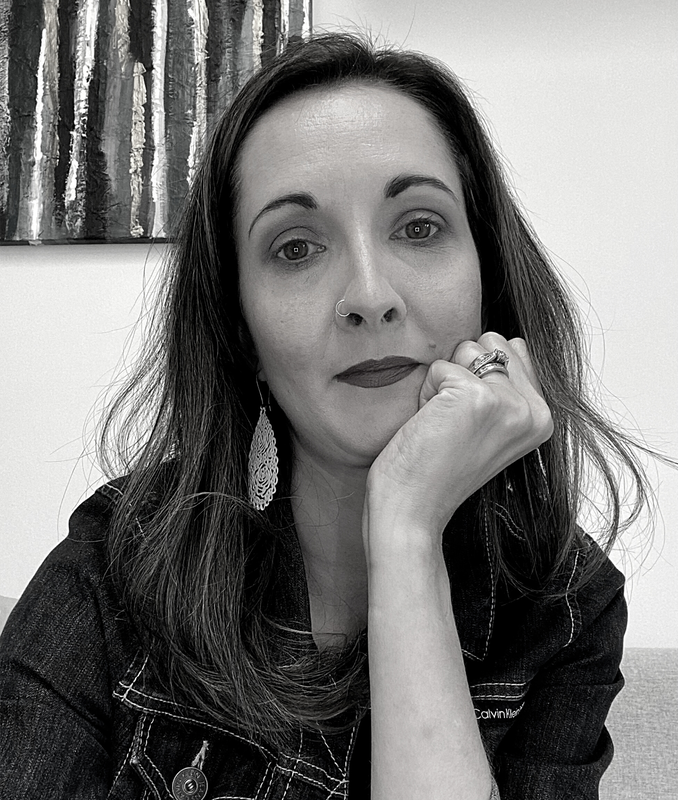|
Canadian parents need some awareness about the health and future health of their children.
It is said about 98% of mothers “initiate” breastfeeding after birth, in home and in hospital. At six months about 26% are still breastfeeding. Stats can be seen here. One of the primary reasons women quit is perceived low milk supply. We are all familiar with the arguments of “But, some moms just don’t make enough”, “I will try to breastfeed but if I am one of those mothers that cannot produce than I guess I cannot breastfeed”. Correct, some moms do not produce milk, but certainly not 75% of women. When worded that way, hopefully more people say, “yes, that can’t be possible”. Many women do have low supply. Low supply does not equal no supply. Low supply does not equal not having any ability to make milk. Low supply can very often be avoided, turned into full supply, or can be worked with in addition to supplementation. Low supply does not need to end all breastfeeding. What is going on then? That is not an easy answer and cases are all unique and need to be assessed however, there can be underlying answers that are similar or related. Some examples (the list could be much bigger) · Birth experience (trauma, separation, medications) · Supports (hospital staff, family, friends) or lack there of · Education (parents, grandparents, doctors, nurses, midwives) again, or lack there of · Returning back to school or work We seem to be setting the aim for optimal starts for our babies and children but we are not often striving to reach them. If we become derailed why are we not getting back on track? Luckily, we can get back on track when we find ourselves off track. You need to know this. We need to get serious about giving our babies the best start. Old arguments do not hold much weight anymore. “I was formula feed and I am ok (fine, survived)”. What is ok? What is fine? What is survived? We have overcrowded health care systems. And we have normalized this situtaion. Surprising to some, breastfeeding, or lack thereof, can be linked back to the majority of the health conditions that patients have. We need to normalize breastfeeding to reduce the strain on our health and wellbeing. We cannot rely on the system of disease care to be the system that is going to help support our babies getting off on the right foot – being exclusively breastfeed for the first 6 months and continuing to 2 years or beyond as suggested to be optimal buy the authorities of children health. (AAP, CPA, UNICEF/WHO) It is time to take charge of our own bodies and our children’s future. It is up to us to give our kids the best start that only we can give them. We need to move past the idea that we have free health care. We simply do not have free health care. We have access to (some) free disease care. Healthcare should be disease and illness prevention. This certainly is not free. We need to start being accountable for our own healthcare. This lack of accountability is why we have maxed out healthcare facilities and resources. If we had more accountability we would make better choices. If the system wasn't so strained right now we could suggest that we start to put disease and illness prevention first, but right now that isn't a priority of the system, even though it is the priority of many citizens. With that awareness we need to start at the very beginning of an infant’s life and choose breastfeeding as a key to lifelong health. There are lots of old arguments. It is time to let go of those. This is not about past choices, which were based on “what we knew then”. We know more/better now and when we know better we do better. |
Kim Smith
|
 RSS Feed
RSS Feed
